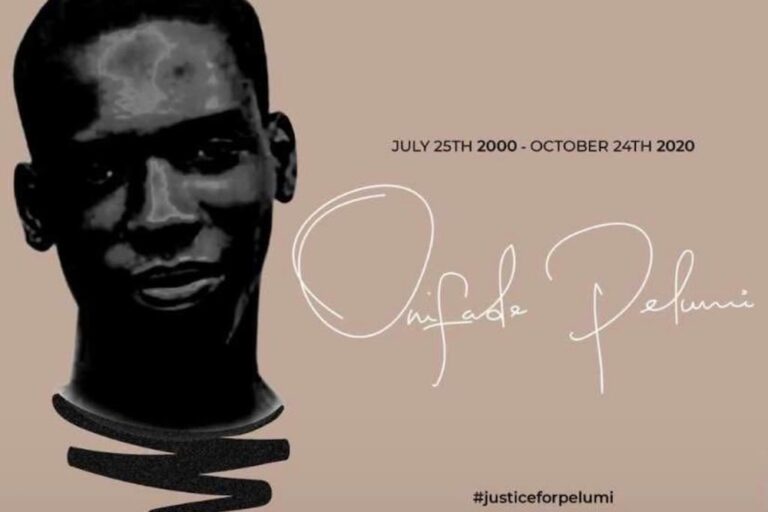(RSF/IFEX) – RSF has condemned the ransacking and torching of two public radio stations in the southeastern state of Anambra by a local politician’s thugs. The organisation also protested the attack on a newspaper photographer in a Lagos court by bodyguards of the late dictator Sani Abacha’s security chief. These two press freedom violations are […]
(RSF/IFEX) – RSF has condemned the ransacking and torching of two public radio stations in the southeastern state of Anambra by a local politician’s thugs. The organisation also protested the attack on a newspaper photographer in a Lagos court by bodyguards of the late dictator Sani Abacha’s security chief.
These two press freedom violations are the latest in some 70 incidents of this kind registered by RSF so far in Nigeria in 2004.
“The violence reigning in Nigeria makes it one of the most dangerous countries in Africa for journalists,” the organisation said, while pointing out that the violence is being perpetuated by the impunity enjoyed by some of the prominent personalities involved. “President Olusegun Obasanjo should take stock of this scandal, restore order to his party, and ensure that journalists are able to work in a reasonable climate,” RSF added.
The violence in Awka, the capital of Anambra, began on the evening of 10 November, when a meeting held by supporters of local political Chris Uba was disrupted by supporters of his former protégé, State Governor Chris Ngige, and fighting ensued. Reuters news agency quoted a witness as saying that a group of pro-Uba activists subsequently staged a reprisal attack on the building that houses the state electoral commission.
In the early morning hours of 11 November, about 100 pro-Uba activists stormed public radio station studios in Enugu-Ukwy and in Onitsha, attacking staff who were on night duty. According to accounts obtained by RSF, Uba’s activists tied up and beat the staff in both incidents before setting fire to the studios.
These incidents were the latest round in an internal battle between Uba and Ngige within the regional branch of the ruling People’s Democratic Party (PDP), since Ngige became governor in 2003. Ngige was elected with the support of Uba, the brother of one of President Obasanjo’s top advisers, but the two men fell out after Ngige refused to award major public contracts to Uba.
In response to a question from Reuters, Ngige accused his rival of provoking these incidents in order to push President Obasanjo into proclaiming a state of emergency in Anambra and dismissing him. Municipal elections are expected to be held on 18 December, after they were postponed in April because of the split within the PDP.
Meanwhile, in another 11 November incident, the Federal High Court building in Ikeja, Lagos, was the site of a violent attack on Diran Oshe. The daily “Vanguard” photographer was attacked and beaten by military intelligence agents acting as bodyguards for Major Hamza Al-Mustapha, the late dictator Sani Abacha’s security chief (see previous IFEX alert of 12 November 2004).
Oshe had gone to the Federal High Court building to cover Al-Mustapha’s trial for alleged involvement in the attempted murder of “The Guardian” editor Alex Ibru. The photographer was attacked by the bodyguards when he tried to take a photograph of Al-Mustapha at the end of the hearing. They struck him several times with a rifle butt and smashed his camera. A court security officer intervened and helped Oshe break away from his assailants, his face swollen and his clothes torn.


